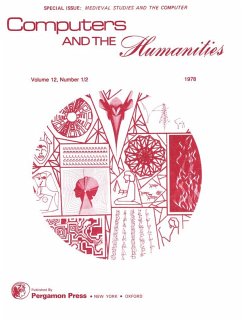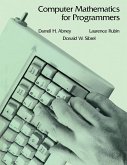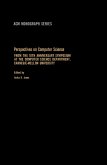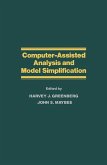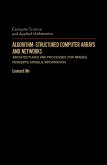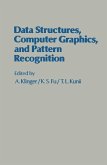Comprised of 26 chapters, this volume begins by discussing "contexts" in concordances and the set of conventions employed in text encoding. The reader is then introduced to the series of initiatives undertaken in Belgium to study Latin literature and linguistics; the use of conceptual glossaries by medieval scholars; and the use of the computer to make a word list of the Decretum Gratiani and to study Geoffrey Chaucer's vocabulary. Subsequent chapters discuss a computer program called KLIC (Key Letter In Context) for graphological analysis; a set of routines written in SAIL (Stanford Artificial Intelligence Language) for use by social historians in quantitative analysis or text processing; and the use of Mark IV, a general-purpose file management system, to analyze medieval charters.
This book will be of interest to medievalists, social historians, students and scholars of humanities, and computer scientists.
Dieser Download kann aus rechtlichen Gründen nur mit Rechnungsadresse in A, B, BG, CY, CZ, D, DK, EW, E, FIN, F, GR, HR, H, IRL, I, LT, L, LR, M, NL, PL, P, R, S, SLO, SK ausgeliefert werden.

